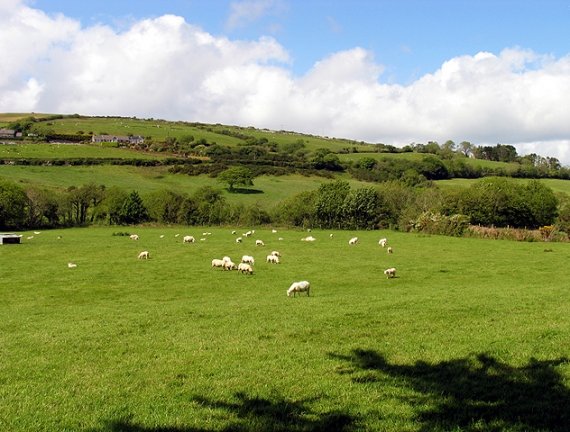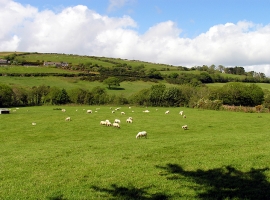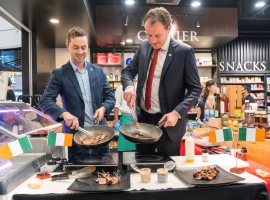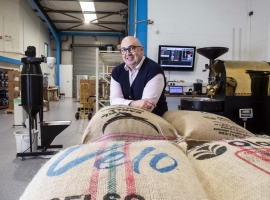
Food and Drink Industry Ireland (FDII), the Ibec group, today said the increased likelihood of a hard and disruptive Brexit and a fracture of the single market demands a series of exceptions from EU state aid rules for the Irish agri-food and drink sector.
In a new report, which set outs the case for exceptional support, FDII called on the Government and the European Commission to put in place a comprehensive package to protect viable businesses and jobs during a potentially fraught Brexit process.
The report proposes that state aid support should be targeted across three distinct areas - Enterprise stabilisation, Investment in competitiveness and Diversification.
To justify the exemptions under existing European legislation, the report sets out the unique position and exposure of the food and drink industry. The report highlights:
• Irish food and drink exports are more exposed to the UK than any other European sector across a large number of categories; typically four to six times more exposed than the average EU country.
• The extensive regional footprint of the food and drink sector, including regions which are economically disadvantaged relative to the EU average, means it is directly linked to the performance of the whole economy.
• Food and drink manufacturing accounts for half of direct expenditure by the entire manufacturing sector in the Irish economy (payroll, Irish materials and Irish services).
• The sector provides the exclusive outlet for much of farmer/SME produce, providing extensive added value and is thus crucially important to farm incomes.
Commenting on the research, FDII Director Paul Kelly said, "The Irish agri-food and drink sector is uniquely exposed. There is a compelling case for exceptional state aid support to minimise the economic fallout and job losses. Already the currency squeeze is putting intense strain on exporters."
He added, "This pressure is likely to intensify as the challenges and economic costs of a hard Brexit crystalise. The hardening of EU and UK negotiating positions mean we must plan for a very difficult Brexit process and the high possibility of a divisive outcome."
Source: www.businessworld.ie

















